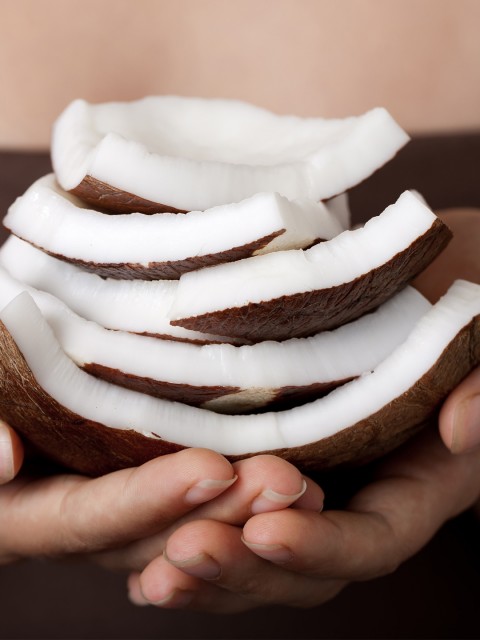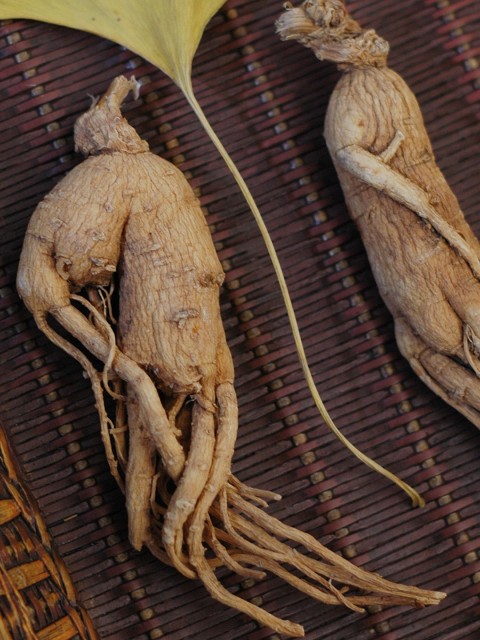If you’re anything like me, you’ve probably heard about Bacopa monnieri (also known as Brahmi) as a herb that can enhance brainpower. But before diving into supplements, I wanted to learn more about its rich history and how people have traditionally used it. The story of Bacopa is fascinating, blending ancient wisdom with modern science, and there’s a reason it’s earned a place in my daily routine.
The History of Bacopa Monnieri
Bacopa monnieri has deep roots in Ayurvedic medicine, an ancient healing system from India that dates back more than 3,000 years. It’s been used as a “medhya rasayana,” a tonic for improving memory, focus, and mental clarity. Historically, it was given to scholars and students to enhance their learning abilities.
In fact, one of the earliest mentions of Bacopa can be found in ancient Indian texts like the Charaka Samhita, where it was described as a plant that sharpens the intellect and calms the mind. It was considered sacred and was often used in spiritual rituals to promote mental clarity during meditation.
A Native Story About Bacopa
There’s a beautiful native story tied to Bacopa, often passed down in Indian tradition. The plant is said to have been discovered by a wandering yogi centuries ago. As the legend goes, the yogi stumbled upon a village where the people were struggling with mental fog, forgetting their daily tasks and responsibilities. Moved by their plight, the yogi spent weeks in deep meditation, asking the gods for help.
One night, after an intense meditation session by the riverbank, the yogi saw a glowing plant growing by the water. This plant was Bacopa monnieri. He shared it with the villagers, who used it in their daily practices, finding their memories sharpened, their thoughts clearer, and their lives transformed. Since then, Bacopa has been revered as a gift from the gods, a plant that connects the mind to the divine.
Traditional Uses of Bacopa Monnieri
Bacopa’s traditional uses go beyond mental enhancement. It was also considered a powerful adaptogen, helping people cope with stress. The herb was often made into teas, pastes, or even chewed directly to calm the mind and body.
In many Indian households, Bacopa was mixed with ghee (clarified butter) and consumed regularly to boost mental stamina. Brahmins (priests and scholars) and yogis particularly favored Bacopa for its ability to support long hours of study and meditation. The plant was also applied as a topical remedy for skin conditions like eczema and psoriasis, as its cooling properties were believed to promote healing.
The Modern-Day Benefits of Bacopa Monnieri
Fast forward to today, and Bacopa monnieri has gained popularity in the West, thanks to growing scientific interest in its cognitive benefits. Research is still unfolding, but studies so far suggest that Bacopa can improve memory, reduce anxiety, and even enhance learning abilities.
Here are some of the key benefits that caught my attention:
1. Memory Enhancement
One of the most well-documented benefits of Bacopa is its ability to improve memory. Research shows that it works by increasing the production of certain neurotransmitters like acetylcholine, which plays a key role in memory and learning. A study published in the journal Phytotherapy Research found that adults taking Bacopa showed significant improvements in memory recall and cognitive processing over time. It’s why many students and professionals turn to Bacopa for an extra mental edge.
2. Reduces Anxiety and Stress
Bacopa is also believed to help reduce anxiety and stress. As an adaptogen, it aids the body in managing stress responses, helping you stay calm and focused under pressure. This has been particularly helpful in my own life, as I juggle multiple projects and deadlines. One study found that participants who took Bacopa experienced a significant reduction in anxiety symptoms, feeling calmer and less stressed.
3. Boosts Learning and Cognitive Function
If you’re looking to sharpen your learning abilities, Bacopa might be worth exploring. It’s been traditionally used to enhance intellectual performance, and modern studies support this claim. The herb is believed to boost cognitive function by increasing blood flow to the brain and protecting neurons from oxidative damage, which can help keep your mind sharp as you age.
How to Use Bacopa Monnieri
So, how do you actually use Bacopa? There are several ways to incorporate this powerful herb into your daily routine.
1. Supplements
One of the easiest ways to consume Bacopa is through supplements. You can find capsules or tablets at most health stores or online. Just be sure to choose a reputable brand that offers high-quality, organic Bacopa. The recommended dosage varies, but most supplements suggest taking around 300 mg to 450 mg daily. Keep in mind that Bacopa works best when taken consistently over several weeks, so be patient!
2. Tea
If you prefer a more traditional approach, Bacopa can be made into a tea. You can purchase dried Bacopa leaves, steep them in hot water for about 10 minutes, and sip slowly. It has a slightly bitter taste, so you might want to add honey or lemon for flavor. Drinking Bacopa tea can be a calming ritual, especially during stressful days.
3. Bacopa Powder
For those who like to get creative, Bacopa is also available in powder form. You can mix it into smoothies, sprinkle it over salads, or add it to soups. Just be mindful of the dosage, as the powder can be quite potent.
A Personal Note
From my own experience, Bacopa is a gentle yet powerful herb. It doesn’t give you a quick boost like caffeine, but I noticed subtle improvements in my memory and focus over time. I felt less scattered and more able to concentrate for extended periods. The real magic, though, came when I paired Bacopa with meditation. It was as if the herb and the practice worked hand in hand, enhancing my ability to focus and stay present.
Whether you’re a student, a busy professional, or someone looking to enhance mental clarity, Bacopa might be the plant ally you didn’t know you needed. It’s not a magic pill, but with consistent use, it has the potential to gently support cognitive function in a natural, time-tested way.


